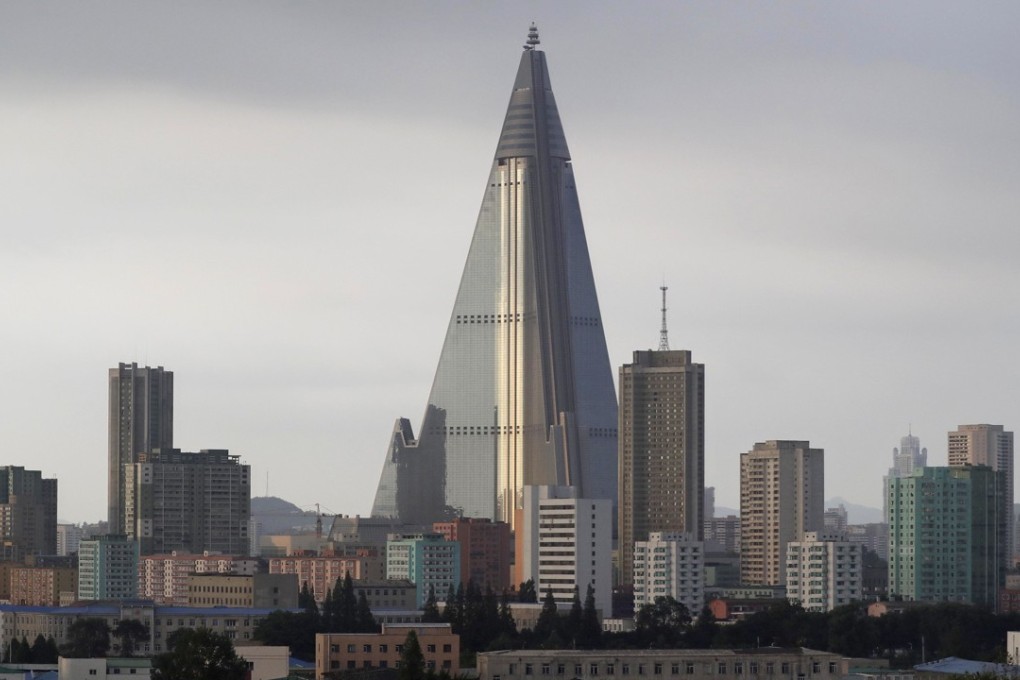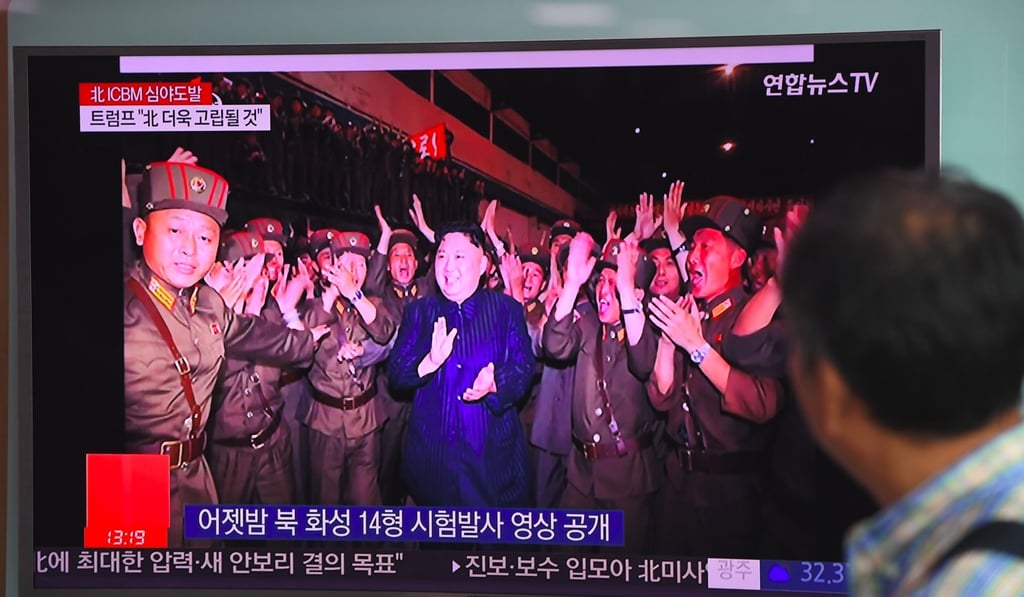Why now’s not the time for an oil embargo on North Korea
Latest sanctions on coal, iron exports and work authorisations have increased pressure on the Kim Jong-un regime, but it is too early for the final turning-of-the-screw – hitting the crude supply

Two sets of penalties were imposed on the regime.

Second, countries are prohibited from increasing the total number of work authorisations – and remittance flows – to North Korean nationals. As per a panel of experts attached to the Security Council’s Sanctions Committee, there were more than 50,000 North Korean workers dispatched to over a dozen countries in 2015, including China, Russia, Mongolia and Poland. This penalty, although somewhat hard to enforce, puts a stop in particular to the number of North Korean nationals who have found work in recent times in growing numbers under precarious conditions in the Russian Far East. New joint or cooperative international ventures, or the deepening of existing ones, with North Korean entities or individuals are also banned by the August 5 resolution. Several additional North Korean entities and individuals too have been slapped with asset freezes.
What the next Korean war will be like
The sanctions resolution amounts to an eighth turning of the screw on the rogue regime since 2006, when Pyongyang tested its first nuclear device. It is hardly the last – or even penultimate – turn of the screw. The current round of sanctions will neither bring Kim to the negotiating table nor interrupt his nuclear and ballistic missile testing programme. For that to be the case, UN Security Council resolutions must come around to instituting a partial embargo, at minimum, on crude oil sales to the regime. An oil supply shutdown by China for a limited interval in early-2003 had concentrated minds in Pyongyang and facilitated the regime’s return to the negotiating table. The inability of countries to agree to fire such a shot across North Korea’s bows on this occasion suggests that the collective will to definitively isolate Kim is as yet lacking.
